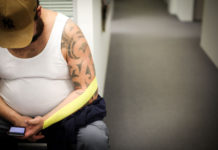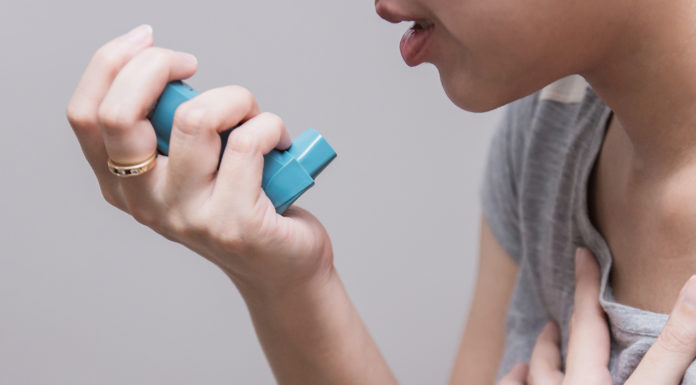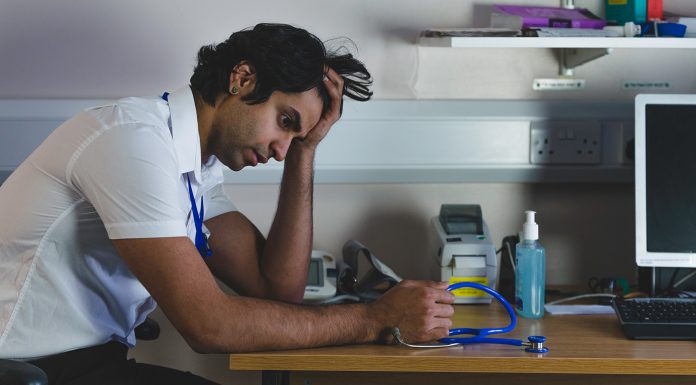Ian Andrell had just turned 60 when he had his first stroke. He faced a long rehabilitation period and spent about a month in hospital.
His wife Shona Andrell says during this time she felt lost. “I didn’t feel I got much moral support. I saw a social worker but they didn’t give me the information I needed. They talked about things I didn’t understand and gave me a list of agencies which may be able to help, but really, I went from hospital not knowing what I was entitled to.”
A carer visited the house every second day to shower Ian, but they could only come at an inconvenient time of 1pm. They discontinued the service and Ian began attending rehab, physiotherapy, and occupational therapy sessions.
Ian soon returned to work and Shona drove him each day. She also had to shower and dress him. Shona’s family were concerned about her stress levels and lack of support, so following a visit from the family GP, a meeting with a stroke field officer was organised. A suggestion was made to join a stroke club for support, so the couple went along, but the other attendees were all elderly. “We didn’t persevere for long,” Shona says.
Realising a need for a stroke club to support younger stroke survivors, the stroke field officer helped establish one with Shona. This became the Richmond Younger Stroke Club. To this day, Shona still organises two stroke groups.
Ian had another stroke in 2009. This time, the stroke resulted in Ian suffering acute paranoia. It was soon decided that Ian’s needs were best catered for in a residential care facility.
Shona visited Ian in care every day, until last year when she had a stroke herself. She says the range of support available has improved immensely over the years. “It was just so different from when Ian had his stroke. I had daily physio and saw an occupational therapist most days, who taught me helpful shortcuts and skills to shower and dress myself. I found that really useful when I came home.” She says the social interaction at the Burwood Hospital stroke ward was also beneficial. A carer now visits Shona at home to help with showering, shopping and an hour’s housework a week.
Shona shared her story with health professionals at the annual South Island Stroke Study Day at the end of last year, run by the South Island Alliance Stroke Workstream. Almost 250 stroke service providers, stroke teams, general practitioners and practice nurses from across the South Island learnt about a wide range of stroke-specific topics at the event, including the management of post-stroke depression, and the transition from hospital to home.
A case study is presented by a stroke patient at each event, so attendees can learn how to enhance their practice of quality stroke care. During Shona’s presentation last year, she described how emotional she felt in hospital following her stroke, as well as the importance of staff being friendly and positive – a poorly chosen remark could ruin her whole day.
This year’s Stroke Study Day will be held on 2 November. “New Zealand is pretty good at catering for people with disabilities and providing facilities these days,” Shona says. “A lot has been done over the past 20 years, but there’s always room for improvement to make services more accessible for everyone.”
This article was supplied by the South Island Alliance Stroke Workstream.
























